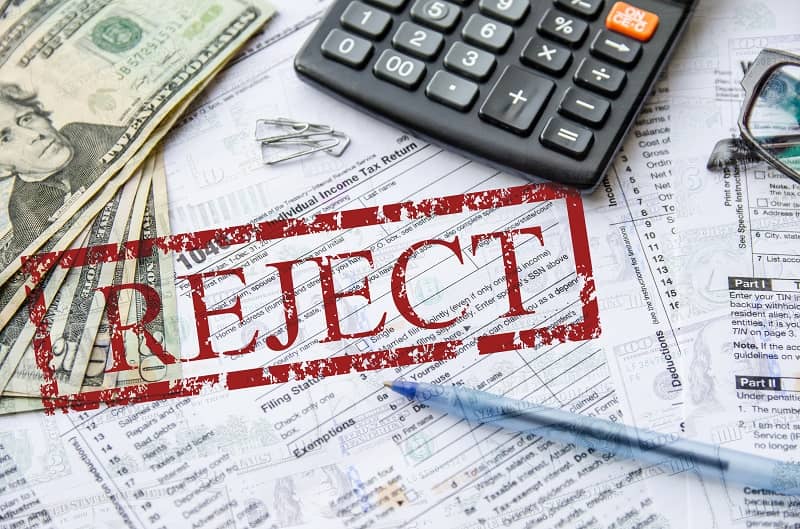Testimony before the Senate Committee
on Finance and Revenue
regarding sales tax bills SJR 36 and SB 824
by Steve Buckstein
[This testimony was submitted for the April 15, 2013 hearing, but was held over for the April 17, 2013 hearing. My prepared April 17th testimony is posted at the end.]
Good afternoon, Chair Burdick, Vice-Chair George, and members of the Committee. My name is Steve Buckstein. I’m Senior Policy Analyst and founder of Cascade Policy Institute, which is a non-profit, non-partisan think tank based in Portland.
In 2007 I was appointed by Governor Kulongoski to represent taxpayers on the legislatively created Comprehensive Revenue Restructuring Task Force. The Task Force reviewed and analyzed revenue and spending streams in the state, but did not recommend comprehensive reforms to the tax system.
At the first Task Force meeting in November 2007, we heard from Portland pollster Adam Davis about his focus group work around tax reform. One key finding stood out, and I believe this is an accurate paraphrase:
“Any sales tax is dead in this state – unless coupled with elimination of another tax. Reducing other tax rates won’t sell a sales tax.”
“Even when it was explained that reduced income and/or property tax rates could be locked into the Constitution, voters responded that ‘They’ll find a way to jack the rates back up.’”
Mr. Davis recently told me that his firm did more quantitative analysis for two state senators which confirmed his focus group findings that Oregonians will not accept a third tax…period.
With that realization in mind, I proposed then, and I propose now, that we should have a serious discussion about replacing Oregon’s economically harmful income tax system with a less harmful sales tax system.
Research finds states without an income tax have experienced higher economic and job growth than states with high income tax rates like Oregon.
I want to be clear that I don’t like sales taxes very much either, but I’m convinced that they do less damage to the economy than do income taxes.
I suggest that SJR 36 and SB 824 be amended so that they not only create a state sales tax, but they prohibit income taxes in the Oregon Constitution (Article IV, section 32).
Once Oregon voters understand that it will be unconstitutional to tax their income, they may render a different verdict on a retail sales tax than they have nine times in the past.
If you worry that this proposal may not raise enough revenue, then you should shelve any talk of tax restructuring until the legislature and the Governor, or the people, have comprehensively restructured and reduced state spending.
I know that many of you don’t want to hear this, but simply adding a sales tax to our current income and property taxes never has been, and I believe never will be, acceptable to Oregon voters. They know that states with so-called three-legged tax stools have budget problems, too.
Until we reduce the size and scope of state government, no third source of tax revenue will solve our problems, it will simply mask them.
Thank you.
______________________________________________
April 17, 2013 Buckstein testimony on SJR 36 and SB 824
I want to highlight key points in my written testimony [above] that you already have, and respond to several issues raised here on Monday, April 15th.
First, I appreciated the Governor’s suggestion that sales tax advocates should first get a better sense of what voters think is wrong with the current system — and then get a better handle on spending.
Senator George suggested a spending limit like the one voters rejected in 2006, which would have tied state spending to inflation and population growth. If that limit had passed, you’d be sitting here today with a significant budget surplus instead of wondering how to wring more tax dollars out of a struggling economy.
That may not be the kind of handle on spending the Governor has in mind, but it sure beats having no handle at all.
As to what voters think is wrong with the current tax system, you heard from the chair of Governor Kulongoski’s Comprehensive Revenue Restructuring Task Force.
Lane Shetterly told you that the Task Force discussed sales tax proposals, but chose not to recommend one based partly on polling data.
I was a member of that Task Force, appointed by the Governor to represent the taxpayers.
At the first Task Force meeting in November 2007, we heard from Portland pollster Adam Davis about his focus group work. He told us that public negativity on government and politics was higher than he’d ever seen in his 30 year career.
One key finding stood out, and I believe this is an accurate paraphrase:
“Any sales tax is dead in this state – unless coupled with Elimination of another tax. Reducing other tax rates won’t sell a sales tax.”
“Even when it was explained that reduced income and/or property tax rates could be locked into the Constitution, voters responded that ‘They’ll find a way to jack the rates back up.’”
These findings mirror a concern several people mentioned here on Monday — the lack of Trust in government. Voters simply won’t trust you to keep income and property taxes down once they give you a Sales Tax.
Adam Davis recently told me that his firm did more quantitative analysis later, which confirmed his focus group findings that Oregonians will not accept a third tax…period.
With that realization in mind, I proposed then, and I propose now, that we should have a serious discussion about replacing Oregon’s economically harmful income tax with a less harmful sales tax.
Research finds states without an income tax have experienced higher economic and job growth than states with high income tax rates like Oregon.
I want to be clear that I don’t like sales taxes very much either, but I’m convinced that they do less damage to the economy than do income taxes.
I suggest that SJR 36 and SB 824 be amended to PROHIBIT income taxes in the Oregon Constitution.
Once Oregon voters understand that it will be unconstitutional to tax their incomes, they may muster up enough trust to finally approve a retail sales tax.
There was quite a bit of discussion on Monday about devising a more stable source of revenue for state government. Paul ably showed you that a mix of different taxes could reduce instability in the system.
But there was no discussion about why the state budget should be more stable than our own business and family budgets. As a member of the Governor’s Council of Economic Advisors wrote then Senator Ryan Deckert in 2007:
“It is not clear why government budgets should be more stable than private budgets. It is already the case, with the kicker and without any rainy day fund, that public employment in the state is 20% more stable than private employment.”
If you’re not careful, I fear that making state revenue more stable will make your constituent’s after-tax family budgets even less stable, and I doubt many of them will appreciate that.
Finally, the last person to testify on Monday, representing the League of Women Voters, told you that she wanted to see a so-called three legged tax stool in Oregon. But as you know, states with three legged tax stools have budget problems too. Just look south to California to see why the three legged stool is no panacea.
Until we reduce the size and scope of state government, no third source of tax revenue will solve our problems, it will simply mask them.
Thank you.











